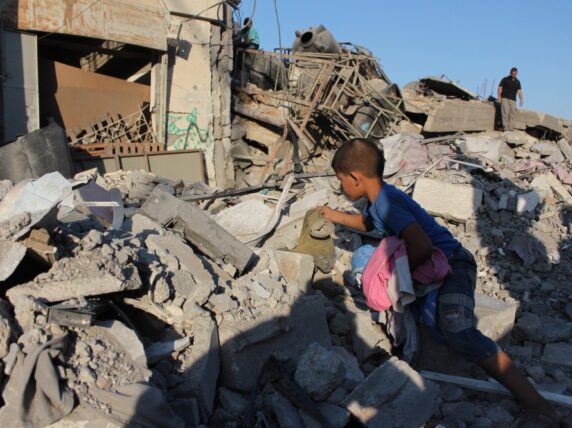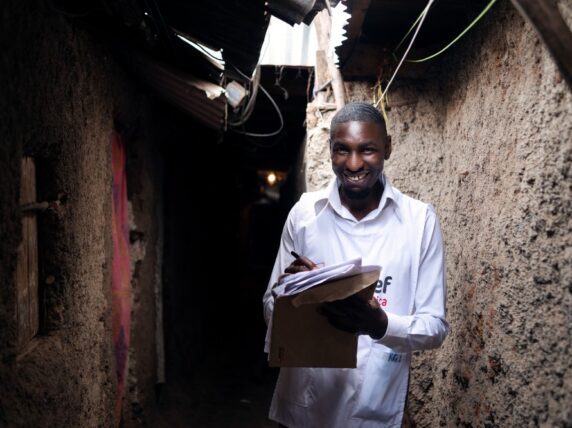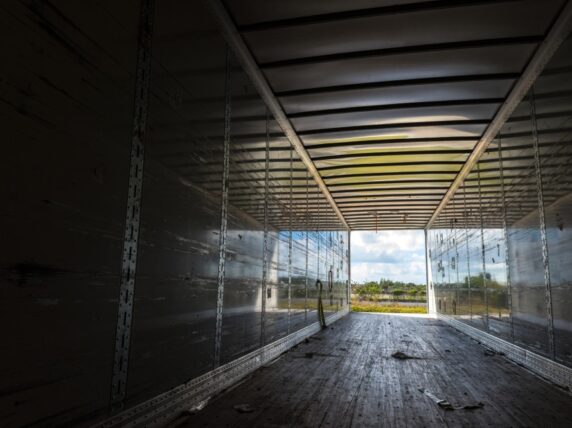Is now the time to rename “aid”?
Last week, I had the honour of joining well-esteemed panellists at an event hosted by The Kampala Initiative, asking whether now is the time to rename “aid”.
Some of the points that emerged over the discussion were so powerful they needed to be shared. My caveat to everything that follows is that language is only one part of the bigger picture when it comes to building global solidarity, tackling racism, and confronting and owning our colonial past. But it’s not a bad place to start.
The appropriateness of language
Words set the tone. Without us even realising it, they reveal our approach and the mindset we are already bringing to a conversation, project, or relationship. And language carries with it the power to impose our “worldview” on other people.
Are you from the “global north” or the “global south”? Are you a “migrant”, an “asylum seeker” or a “refugee”? Are you a “beneficiary”? Or are you a colleague I’m working with? The list goes on, and it tells the world how we think a person should be treated, whether we believe they are rich or poor, and whether we see them as a passive recipient of our help or a genuine partner. This is why language matters and why using the appropriate words is key.
Subscribe to our newsletter
Our weekly email newsletter, Network News, is an indispensable weekly digest of the latest updates on funding, jobs, resources, news and learning opportunities in the international development sector.
Get Network NewsIn the aid and development sector, so much of our work is about global solidarity, and yet many of us fall into one of two language pitfalls. Either we use overly complicated language, which involves words like “capacity building” and “localisation” and ends up excluding people, or we frame our work as “us helping them” – as though we are the heroes in someone else’s story.
Terms that remove another person’s humanity, or agency, or overrides how they would describe themselves are problematic. As an example, “global south”, which is a neo-colonial term, was supposed to replace “third world”. There’s growing consensus that terms like “global south” are not only inaccurate, but carry with them negative, colonial connotations, and I would agree. Let’s face it, when we use “global south” we aren’t talking about Australia or New Zealand. And are we really suggesting that the hemisphere a person is located in will dictate their level of wealth, well-being, and social and economic status, none of which can ever really change based on where they live? I would hope not.
“Language is a marker of belonging, at best, and a marker of exclusion, at worst”
I’ve borrowed the above from one of the fantastic panellists, Temam Aloudat, Managing Director of the Global Health Centre, because I couldn’t have put it more eloquently. Jargon or culturally appropriated words such as “Sherpa”, used to describe types of meetings, or colonial phrases like “in the field”, and even the lack of translation, sign language interpretation or audio to text during events – these are all ways that we exclude people from the conversation. And by excluding people from the conversation, we create power dynamics that perpetuate racism and prejudice.
As another fantastic panellist, Joan Okitoi, Co-host of #GlobalDev Communicators Connect, remarked, “the language we currently use carries the power dynamics upon which this sector is built… It determines who is the outsider and who is the insider”. Consider this: here in the UK, we wouldn’t describe the critical work charities do to support people, such as protecting vulnerable children from poverty or abuse, as “aid”. So there is something very distinct about the word “aid” and its association with the “other”. This association is emphasised by terms like “foreign aid” and “UK aid”, which are used interchangeably and particularly by parts of the media that are keen to emphasis its “otherness”.
The audience shouldn’t trump the message
When choosing our language, we need to get the balance right so we don’t automatically prioritise the audience over our message and our values. The risk with this is that you legitimise a political agenda for short-term gain, and in the long-term undermine your organisation’s actual mission and values. Let’s ask ourselves honestly: are we getting to the stage where, to appeal to certain political leanings, we may say things about what “aid” can achieve for a country’s soft power? Things we would never say in front of the communities we work with, or even our colleagues back in the office?
In our quest to ensure we’re using the right message for the right audience, I fear we neglect the importance of the message itself. We fail to see the negative impact our framing can have on what we’re trying to achieve; a fairer, more equitable, just, safe and sustainable world.
“Aid”? Who are we trying to fool?
“Aid” makes us feel good about ourselves. As Tammam remarked at the event, it makes us feel all warm and fuzzy and benevolent inside. It doesn’t require us to ask ourselves uncomfortable questions. Far from it, “aid” almost sanitises the actual issues by suggesting that aid alone is the solution. “Aid” removes any historical or colonial legacy and the hand we’ve played in contributing towards the poverty and instability around the world. “Aid” ignores geopolitics and the myriad issues that both cause and perpetuate poverty, climate change and insecurity.
If all that NGOs do is just provide aid, then why are we wading into conversations and advocacy about social justice? We are there because poverty is ultimately often political, and the word “aid” risks undermining the role NGOs and local communities need to play in holding those in positions of power to account.
Language isn’t a silver bullet, but it’s an entry point
As I said at the beginning of this blog, language alone won’t make our sector and remit inclusive, just, equitable, effective and progressive. But there needs to be an acknowledgement that our language is no longer appropriate and this needs to be actively addressed. We need to be self-aware and think about how we, as the UK NGO sector, are part of the issue and part of the solution. We need to consider the role we can play in pushing towards using better language, better stories, better narratives and images. We need to push for programmes that are owned by communities and funding that goes directly to community-based organisations.
Things are changing. There are so many organisations that are driving this agenda in a better direction. NGOs are having conversations and are developing language guidelines that are informed by their colleagues in countries around the world. Personally, I can see that senior colleagues are also keen to embrace this agenda. These are the first steps, but again, it can’t be a case of “us” developing language for “them.” We need to develop appropriate language together, in solidarity.
Read Bond’s Taking British politics and colonialism out of our language, language guide.
Category
News & Views



